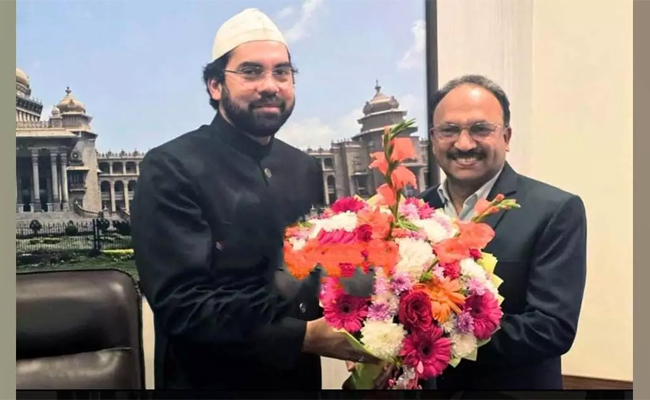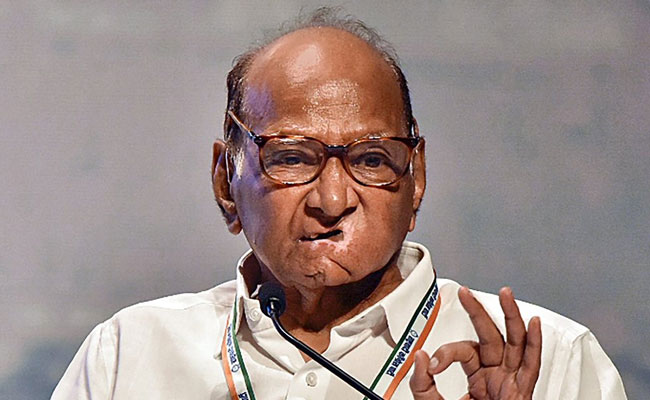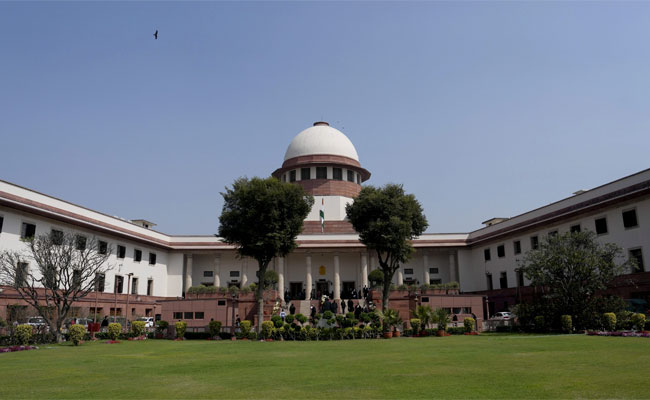New Delhi, Jan 30: Indian chess player Divya Deshmukh has alleged that she endured sexist behaviour from spectators at the recently-concluded Tata Steel Masters in Wijk Aan Zee, Netherlands, saying they "focussed on irrelevant things like her hair, clothes and accent" during the tournament.
The 18-year-old International Master from Nagpur, who won the Asian women's chess championship last year, shared a lengthy social media post calling out the misogyny that women players face routinely while elaborating on her unpleasant experience in Wijk Aan Zee.
"I have been wanting to address this for a while but was waiting for my tournament to be over. I got told and also myself noticed how women in chess are often just taken for granted by spectators," Deshmukh said.
"Most recent example of this on a personal level would be in this tournament, I played a few games which I felt were quite good and I was proud of them.
"I got told by people how the audience was not even bothered with the game but instead focused on every single possible thing in the world: my clothes, hair, accent and every other irrelevant thing," she wrote in an Instagram post on Sunday.
Deshmukh finished 12th in the Challengers section with a score of 4.5 at the Tata Steel Masters.
The teenager said while male players were getting their share of spotlight purely for their game, the women were judged for aspects which had nothing to do with their ability on the chess board.
"I was quite upset to hear this and I think is the sad truth that people when women play chess they often overlook how good they actually are, the games they play and their strength," she said.
"I was quite disappointed to see how everything was discussed about in my interviews (by the audience) except my games, very few people paid attention to it and it is quite a sad thing.
"I felt it was unfair in a way because if I go to any guy's interview there would be way less judgement on a personal level, actual compliments about the game and the player," she asserted.
Despite the progress made in women's sports in terms of pay scale, female athletes are still subjected to sexist behaviour and are often asked about their outfits.
Deshmukh said women players are under-appreciated in general and often endure hatred.
"...every irrelevant thing is focused on and hated on while guys would probably get away with the same things. I think women face this on a daily basis and I'm barely 18.
"I have faced so much judgement including hatred over the years for things that don't even matter. I think women should start getting equal respect," she added.
View this post on Instagram
Let the Truth be known. If you read VB and like VB, please be a VB Supporter and Help us deliver the Truth to one and all.
Bengaluru: Sheikh Latif assumed charge as the new Chief Executive Officer (CEO) of the Karnataka State Waqf Board.
Board Chairman Dr. Syed Muhammad Ali Al-Hussaini welcomed the new CEO and expressed confidence that his administrative experience would strengthen the Board’s functioning.
He said priority would be given to the protection, development and proper supervision of Waqf properties across the state. The Board also aims to expand its service-oriented activities through transparent and effective governance while implementing community welfare programmes.
Speaking after assuming office, Sheikh Latif said he would discharge his responsibilities with honesty and dedication. He emphasised that safeguarding Waqf properties and protecting public interest would remain his priority, adding that efforts would be made to enhance administrative efficiency, accountability and transparency within the Board.
A senior KAS officer, Sheikh Latif has served in various government departments, including the Minorities Department.
His appointment was welcomed by Board members and community leaders.





